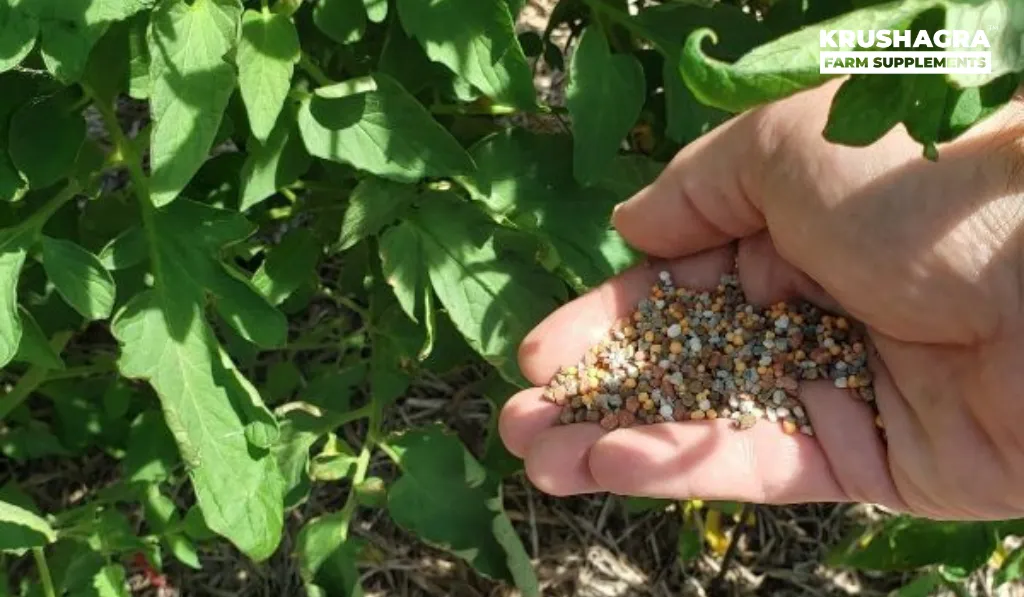India’s agricultural sector has been facing a huge challenge in recent times owing to the mal effects of the overuse of fertilisers, pesticides and insecticides. Owing to a large population, India has to fight to maintain food security for all 1.4 billion of its people. This has led to an increase in the use of fertilisers, pesticides, and insecticides in order to generate more yield faster. However, these practices have severe long-term consequences for the environment, human health, and the overall sustainability of agriculture.
Over-fertilization, for instance, is leading to soil degradation, water pollution, and the depletion of soil microorganisms. On the other hand, pesticides and insecticides are contaminating soil, water, and air, and posing significant threats to non-target organisms and human health. As India struggles with the dual challenges of food security and sustainable agriculture, it is crucial to understand the total impact of these practices and look for alternative methods that prioritise environmental safety and human well-being.
The Impact of Over-Fertilization
India is known to over-fertilise its crops owing to the necessity of getting big yields in a short time. Farmers in India very commonly use synthetic nitrogenous and phosphatic fertilisers in large quantities. These play a crucial role in modern agriculture. However, overusing these can have severe adverse effects on the environment and human health, such as:
- Soil Degradation: Even though these fertilisers are good for getting an increased yield, excessive use of chemical fertilisers over a long period of time damages soil structure and fertility, making it harder for crops to grow. This results in lower crop yields over time and a greater need for external inputs.
- Water Pollution: Chemical fertilisers contaminate water sources when the water from the farms is released into rivers or ponds. This poses serious risks to both human health and the environment.
- Loss of Soil Microorganisms: Chemical fertilisers disrupt the natural balance of soil microorganisms, which are crucial for maintaining soil health and fertility. This is a vicious circle that increases the need for synthetic fertilisers as the soil loses its nutrients.
- Increased Greenhouse Gas Emissions: The production of chemical fertilisers is responsible for releasing greenhouse gases into the environment, which is a leading cause of climate change.
The Impact of Pesticides and Insecticides
Pesticides and insecticides are commonly used in Indian farming to manage pests and diseases. However, their improper use can cause serious problems to the environment as well as human and animal health.
- Environmental Pollution: Pesticides and insecticides pollute soil, water, and the air. They are also poisonous to organisms that are not intended targets, disrupting natural ecosystems.
- Human Health Risks: Insecticides and pesticides are found in nearly all human food. Ingestion of these pesticides and insecticides in small quantities over a prolonged period is known to cause many health issues, such as cancer, neurological problems, and reproductive troubles.
- Development of Resistant Pests: Over time, many pests become immune to the use of most insecticides and pesticides commonly used. This is increasing the usage of chemicals and even developing harsher chemical components to get rid of pests and insects.
- Loss of Biodiversity: Pesticides and insecticides eliminate all organisms, including helpful insects and other creatures. This disrupts the natural order and leads to an imbalance. As a result, biodiversity in farmlands is getting lost.
How to Avoid the Impact of Over-Fertilization, Pesticides, and Insecticides
With growing environmental concerns, reducing the negative impact of chemicals used in farming is necessary. Indian farmers can adopt sustainable agricultural practices to mitigate the negative impacts of over-fertilization, pesticides, and insecticides.
- Organic Farming: This approach relies on organic materials to retain the productivity and fertility of the soil instead of synthetic agro-inputs. There are also organic insecticides available to get rid of pests and do not cause harm to the ecosystem.
- Integrated Pest Management (IPM): IPM is a holistic method that combines physical, cultural, biological, and chemical controls to manage pests, reducing the need for pesticides and insecticides.
- Cover Crops: An age-old technique, planting cover crops helps reduce soil erosion, improves soil health, and provides habitats for beneficial insects and other creatures. This also helps to present the loss of biodiversity.
- Crop Rotation: Rotating crops breaks pest and disease cycles. This reduces the need for fertilisers and pesticides, ensuring that fewer chemicals go into the soil and water.
- Biological Pest Control: One of the best methods to mitigate the use of chemicals. This method uses beneficial insects, such as ladybugs and lacewings, to control pest populations naturally.
- Soil Testing: Regular soil testing helps farmers determine the optimal nutrient levels for their crops. This allows them to use just the right amount of fertiliser and prevents over-fertilisation.
- Government Initiatives: The Indian government has launched several initiatives to promote organic farming and sustainable agricultural practices. These include the National Programme for Organic Production (NPOP), Paramparagat Krishi Vikas Yojana (PKVY), and Mission Organic Value Chain Development for North Eastern Region (MOVCDNER).
Conclusion
Overusing fertilisers, pesticides, and insecticides has severe negative impacts on the environment, human health, and the sustainability of agriculture in India. By adopting practices such as organic farming, integrated pest management, cover crops, crop rotation, biological pest control, soil testing, and leveraging government initiatives, Indian farmers can ensure long-term soil health, reduce environmental pollution and greenhouse gas emissions, and promote sustainable agriculture.





